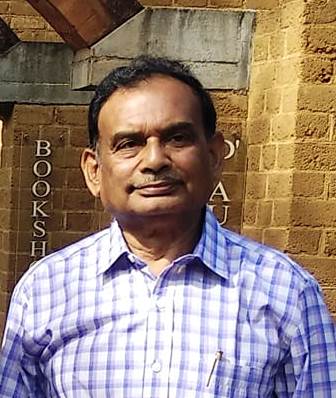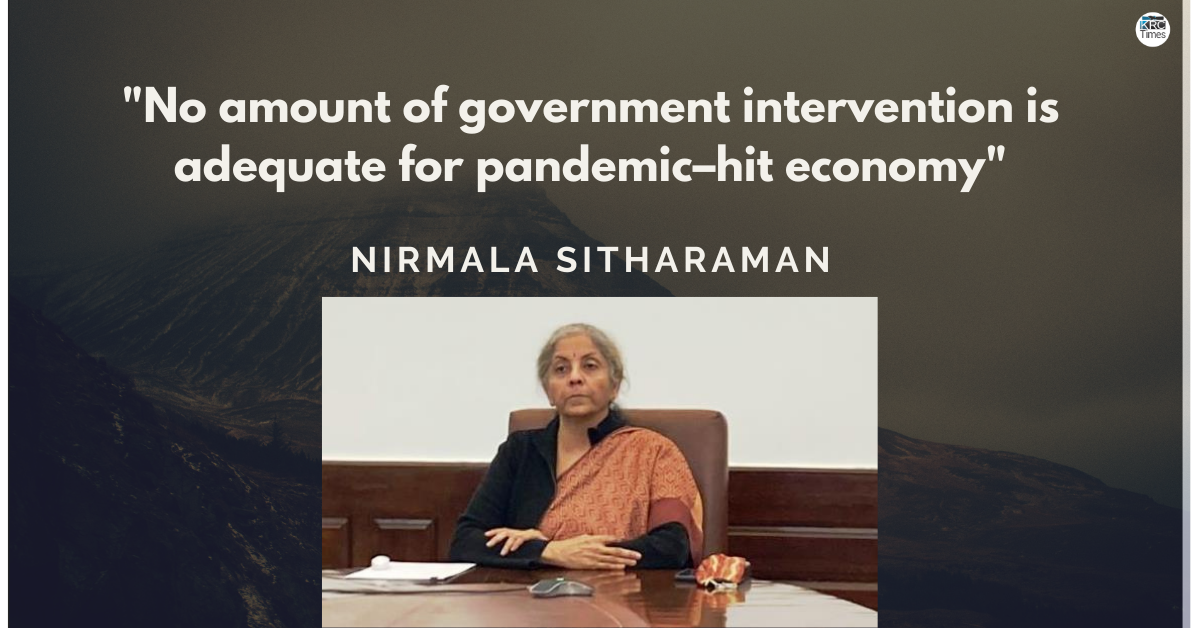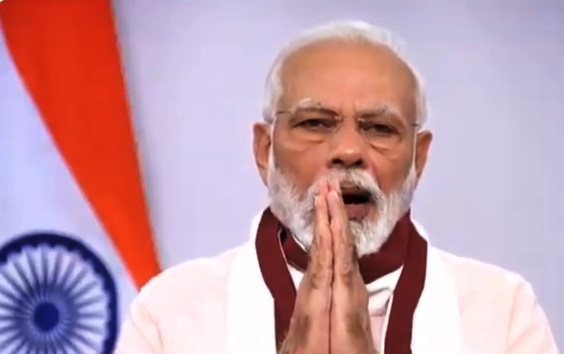The 47.93 per cent votes for TMC up from 43.3 per cent in 2019 and reduced numbers of votes for BJP to 38.13 per cent from 40.2 per cent in 2019 reveals a lot
 Shivaji Sarkar
Shivaji Sarkar

The recent election results reflect more than politics. Indian voters have larger issues and the economy at the core of their concern. Tamil Nadu, Kerala and West Bengal have separately endorsed a new economic course for the nation.
West Bengal definitely remains at the centre. A hawai chappal and white sari donning Chief Minister Mamata Banerjee have virtually challenged the dazzling development model that has put India’s public sector on sale and entered into a visual extravaganza of over Rs 30,000 crore (actually may be over Rs 50,000 crore) to change Delhi’s central vista. Nobody explains why that should be a priority instead of creating a strong health sector, and hospitals capable of producing their own oxygen. Nobody has tried to change that since the massive failure at the Gorakhpur hospital, where oxygen failure claimed 1317 lives in 2017 or the beginning of SAARS infections since 2002.
Populism of Mamata’s largesse for women, youth and Duare sarkar (government at doorstep), welfare policies of DMK in Tamil Nadu or Left alliance in Kerala studied closely virtually refutes the “aggressive privatised development” model of the Centre. All these States have voted against farm bills, that seek to create large house monopolies, junk scrapping policy of poor man’s vehicles, high fuel prices, fares, tolls, taxes and so-called user charges.
The vote endorses that the country has more poverty to address than create cosmetic central vista that serves none but a few large corporate houses.
They have together rejected the Manmohanomics – that is causing political disaster for its proponent the Congress and their followers the BJP. The people are pitted against the disinvestment of prime banks, LIC, other financial institutions, defence establishments and others with a target of Rs 1.75 lakh crore in 2021-22. This is lower than Rs 2.1 lakh crore it hoped to garner from divestment in 2020-21 – an admission of failure of government bid. This failed economic concept is rejected now by the voters.
While in Tamil Nadu the change was inevitable, Kerala not very surprisingly voted for the Left government that in their perception has been delivering. The voters perceived that Congress-led UDF was incapable of opposing the BJP’s onslaught for privatisation, now a national concern. So the LDF has returned with a bigger mandate. In 2016, it had 91 out of 140 seats and this time its tally has gone up to 99. The vote percentage increased from 43.3 per cent in 2016 to 45.3 per cent in 2021.
The massive vote surge in West Bengal for Trinamool Congress was not possible had not the people perceived a grave threat to the economic policies being pursued by the Centre. The Left-Congress-TMC and even a section of the BJP voted for the economic policy changes that ironically Mamata Banerjee symbolises. The 47.93 per cent votes for TMC up from 43.3 per cent in 2019 and reduced numbers of votes for BJP to 38.13 per cent from 40.2 per cent in 2019 reveals a lot. The loss of all other parties was gain for TMC. It has also busted the myth that Bengal votes in communal terms. The washout of the Left and Congress for its alliance with highly communalised ISF is the testimony.
This also proves that Bengal votes for social and economic issues and rejects any polarisation, except in parts, either for Furfura or Ram. Another noticeable aspect is the Bengal’s vote for Netaji Subhash Chandra Bose, whose anniversary BJP presented as Prakaram (Divas) and Mamata as Deshnayak – a person who conceptualised the Indian planning system, now rejected by the BJP. The venue is chosen, Victoria Memorial, a colonial structure that still echoes the British colonial exploitation was also not suited for the occasion to celebrate the anniversary of a national leader, who had raised a worldwide opposition to the exploitative British system during World War II. Bengal in particular, and the nation as a whole, wondered at the central government symbolism. This was no tribute to a leader who virtually led to the end of colonial rule and its practices.
Surprisingly, nobody pointed out this incongruity, which Mamata aptly encashed with heightened nationalistic presentation – a message went strong that the Centre is not only not respectful to Netaji but is also blatantly promoting some private houses. No wonder some days later the Rafael bribery became an issue by the French government exposure. It raised once again the high cost of Rs 36,000 crore for a deal that is again supposed to benefit some private parties.
India is not against private companies. Many have contributed significantly; many enjoy the trust and set standards. The nation, however, is against overt domineering by any group. The present elections have bared that. The country wants private neither at the cost of the public sector nor wants to get it enslaved to any private player. It wants private to serve the social cause without hurting a system the country built during the last 70 years. That is where the BJP’s desperate bid to capture Bengal did not succeed.
The loss of the centrist party, which gained significantly for a supposed nationalist approach during the 2019 Lok Sabha election, should now reorient the Indian economy if the party led by Atal Behari Vajpayee and Lal Krishna Advani wants to survive. Else it may be the beginning of a regression endorsed also by its severe losses in Uttar Pradesh’s Hindu rural heartland panchayats. The BJP gets only 580 against Samajwadi Party’s 782, Bahujan Samaj Party’s 361, Congress’ 61 and 1266 others.
So will this election lead to an overt cry for economic changes? The rightist centrist party too inclined to the corporate may not do it. But the Opposition though too has its corporate connections may try to forge an alliance to clinch a political change. Its leadership is not yet obvious. Mamata may emerge as one, but her all-India acceptability may not be easy.
Some like SP’s Akhilesh Yadav has spoken for her. But the change of guard may be inevitable. The combine would have to come out with a new economic policy – against privatisation and for strengthening the people’s economy, one may call it socialist or by any other name. It has to be contrary to a centrist aggressive privatisation that the present rulers are trying to dispense with. India is at the threshold of an economic and political change. It may gel before the UP elections next year.—INFA





